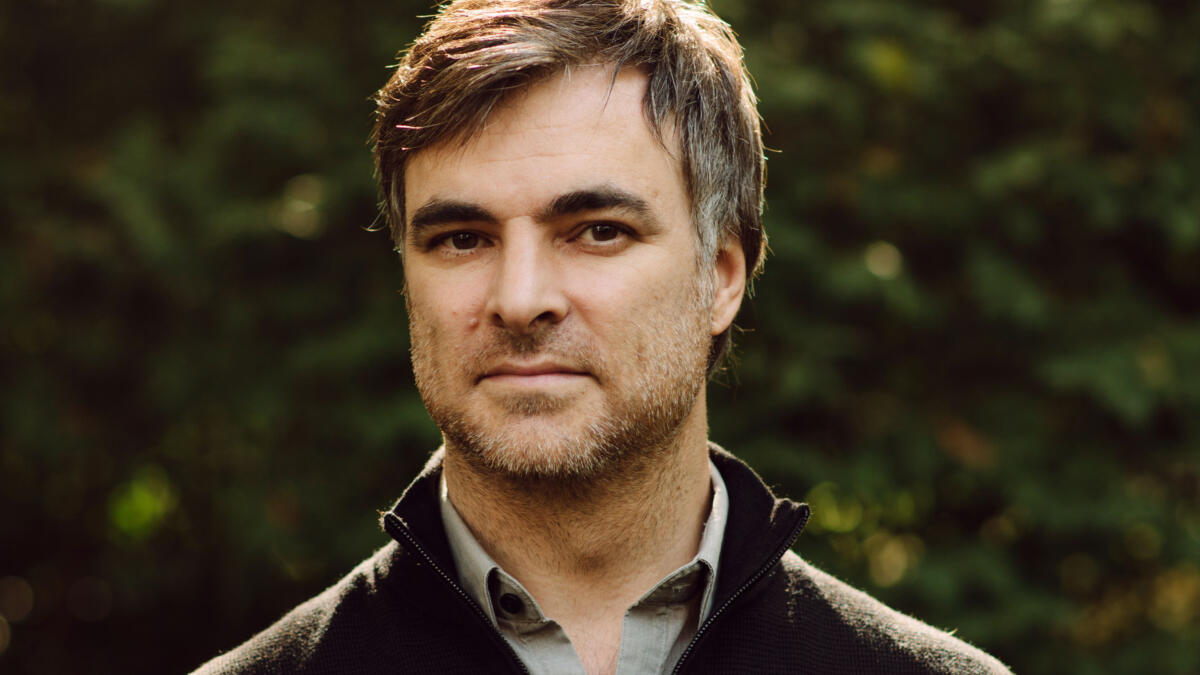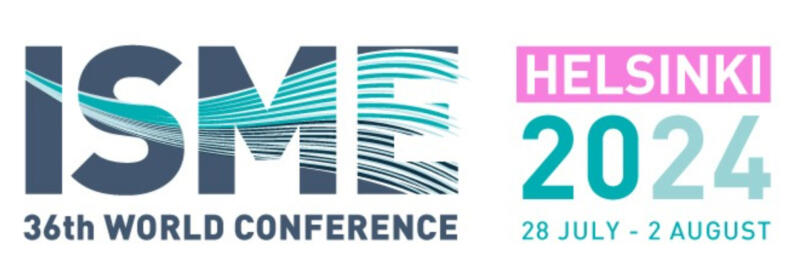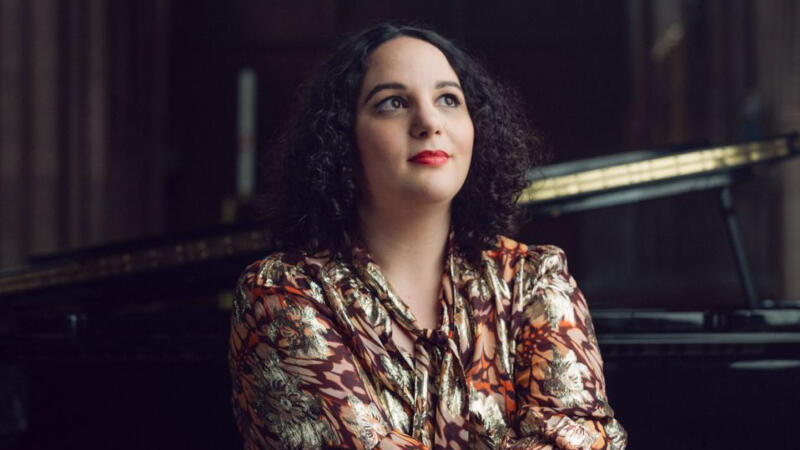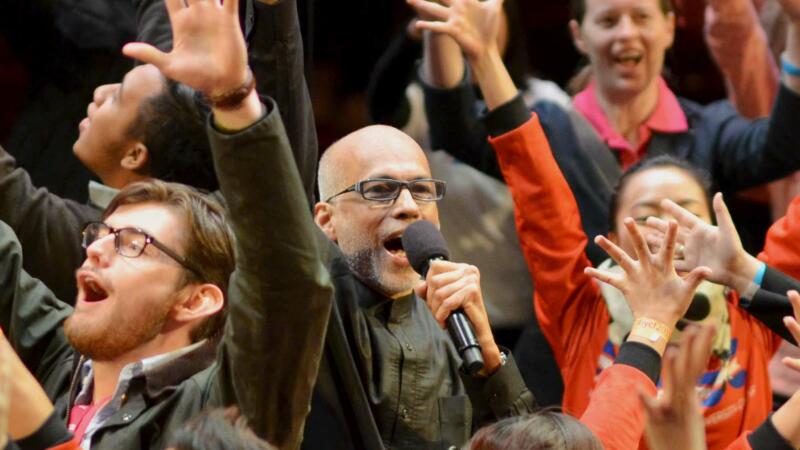Doctor David Maggs: Art has the ability to transform us and our way of life
Doctor David Maggs believes that all forms of art have the ability to transform people, and therein lies its power to transform our societies and our relationship with nature. He will be one of the keynote speakers at the World Conference for the International Society for Music Education in Helsinki.

“In today’s world, we have lost the ability to engage with ourselves at the level of our being”, says Maggs.
Societies are committed to trying to solve our problems with information and knowledge, but according to Maggs, knowledge does not lead to transformation.
“Unfortunately, the climate crisis requires nothing less than transformation. We need to change who and what we are, and as we see so often, art has the ability to do this,” Maggs says.
“Tragically, however, when we start solving issues like climate change with art, we immediately bring art into the realm of knowledge instead. Art must not become propaganda; it is not a way to decorate information. That is not what it’s for,” he continues.
Maggs is interested in the complex relationships between art, the cultural sector in society, and climate change.
“During Covid-19, we saw some rigorous analysis of the challenges our societies are facing, yet I am frustrated to see how quickly our cultural institutions have gone back to working like before Covid-19. That is not creative. Cultural policies and cultural practices have not taken account of how much the world has changed. Our needs have changed, but our institutions have not,” Maggs says.
Music is essential to a healthy society
Doctor David Maggs is currently a Metcalf Fellow on Arts and Society at the Metcalf Foundation in Toronto, in his home country Canada. Previously, he has also worked at the Research Institute for Sustainability in Potsdam, Germany and the University of British Columbia in Canada. Maggs started his career as a pianist.
“When I grew up in the 1980s and 1990s, there was still this commonly shared idea that learning to play an instrument was a good way of cultivating a human being. However, for various reasons, western societies today are primarily concerned with the market value of everything. It is depressing that certain cultural values have disappeared in my lifetime and music has become some frivolous luxury in our society. Now, more than ever, we need to be able to argue why music and music education are essential to a healthy society,” Maggs says.
During his career, he has promoted dialogue between arts and society, and his interests include environmental ethics, cognitive science and the role of the cultural sector in today’s society. Maggs has not previously attended ISME conferences, but he is interested in their mission.
“It is wonderful that people all over the world come together to talk about music education, since music teachers have a sacred task. What they teach can profoundly change individuals and their relationship to the world.”
ISME conference in Helsinki
The theme of ISME’s 36th world conference is Advocacy for Sustainability in Music Education, which will be held in Helsinki from 28 July to 2 August 2024. ISME is a worldwide organization that represents music education in the International Music Council (IMC) under UNESCO.
Uniarts Helsinki, as the host of the conference, emphasises that art is a basic right and an important part of a meaningful life. For Uniarts Helsinki, music is a tool for building a better world. About 1300 music education professionals and students from around the world are expected to take part in the ISME conference in Helsinki. The main aim of the conference is to envision the future of music education and the means of art education to offer solutions for global crises.
Text: Päivi Brink
Further reading
- David Maggs’ report: Art and the world after this (2021) https://metcalffoundation.com/wp-content/uploads/2021/06/Art-and-the-World-After-This.pdf
- A book by David Maggs and John Robinson: Sustainability in an Imaginary World (Routledge Press, 2020).
- ISME: https://www.isme.org/
- ISME Finland: https://fisme.fi/isme/


